A crash that never happened led to phony medical bills for services that were never provided.
Miami-Dade police say two women turned a small Doral accident clinic into a front for insurance fraud, draining money from the system and ultimately increasing costs for drivers who pay their coverage in good faith.
Valentina Villa Del Gordo and Sonia Villa Mizarvera were arrested this month and charged with racketeering, filing false insurance claims, organized fraud, and grand theft.
Investigators said the pair worked at Calama Accident Care Center and used the clinic to bill an insurance company for physical therapy and other treatments that never occurred.
The scam began with a staged car crash in May involving two men police believe were part of the scheme. Once the fake accident was on record, Del Gordo and Mizarvera submitted fraudulent paperwork to the insurer, even using blank and post-dated forms signed by the supposed “patients.”
On paper, the process looked legitimate, but in reality, no one received treatment.
Florida’s No-Fault Auto System Makes It a Target for Fraud
Under state law, drivers must carry Personal Injury Protection (PIP) coverage, which pays medical costs regardless of who caused the accident. This system speeds up treatment for legitimate injuries but also attracts scammers.
Typically, someone stages a minor collision or exaggerates injuries, and clinics bill insurers for expensive treatments that never occurred. A sore arm can turn into a chronic back injury on paper, and a simple check-up becomes months of fake therapy.
Insurance companies pay out, the scammers pocket the money, and the costs quietly shift onto other drivers.
Experts say this is one reason Florida drivers face some of the highest auto insurance rates in the country. The National Insurance Crime Bureau estimates fraud adds $400 to $700 to the average family’s annual premiums nationwide.
“In fact, if insurance fraud were a business, it would be a Fortune 500 company,” the bureau said. “Worse, innocent people are often injured or killed when fraudsters stage accidents, commit arson, or run auto repair scams.”
For insurers, fraud doesn’t just cut into profits—it drives premiums higher for law-abiding drivers. Companies raise rates to balance their “loss ratio,” the gap between what they collect and what they pay out.
Schemes like the one uncovered in Doral don’t just steal from corporations; they take money from every honest driver on the road.
Police said a third woman was initially charged but released on her own recognizance. While scammers may think they can outsmart the system, these schemes almost always leave a paper trail.
This article has been carefully fact-checked by our editorial team to ensure accuracy and eliminate any misleading information. We are committed to maintaining the highest standards of integrity in our content.


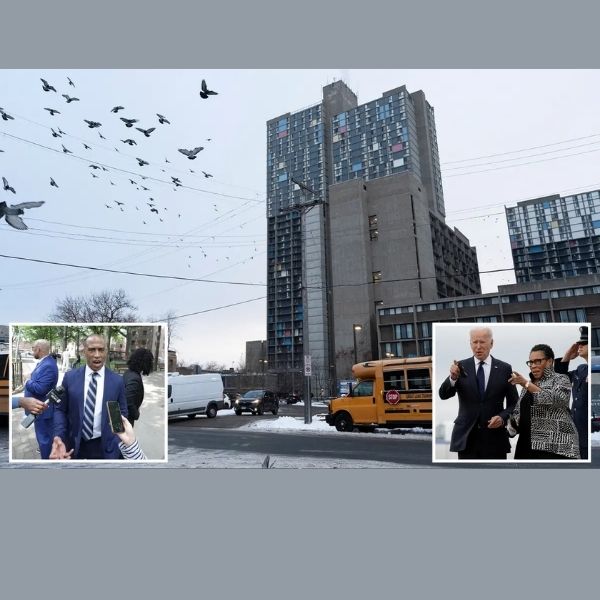


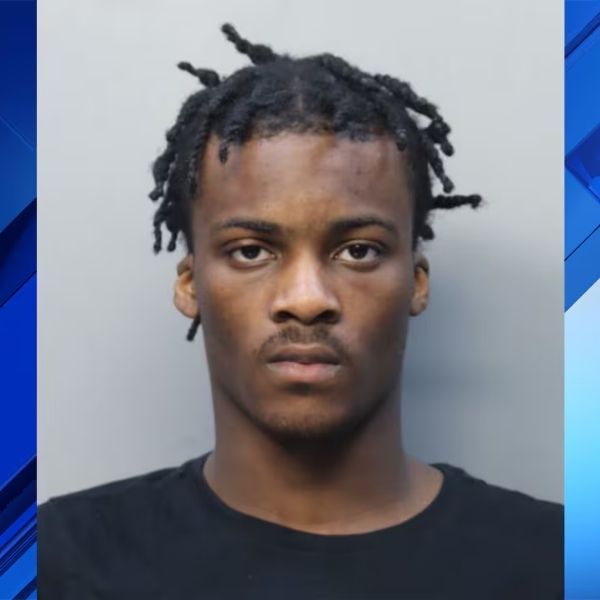



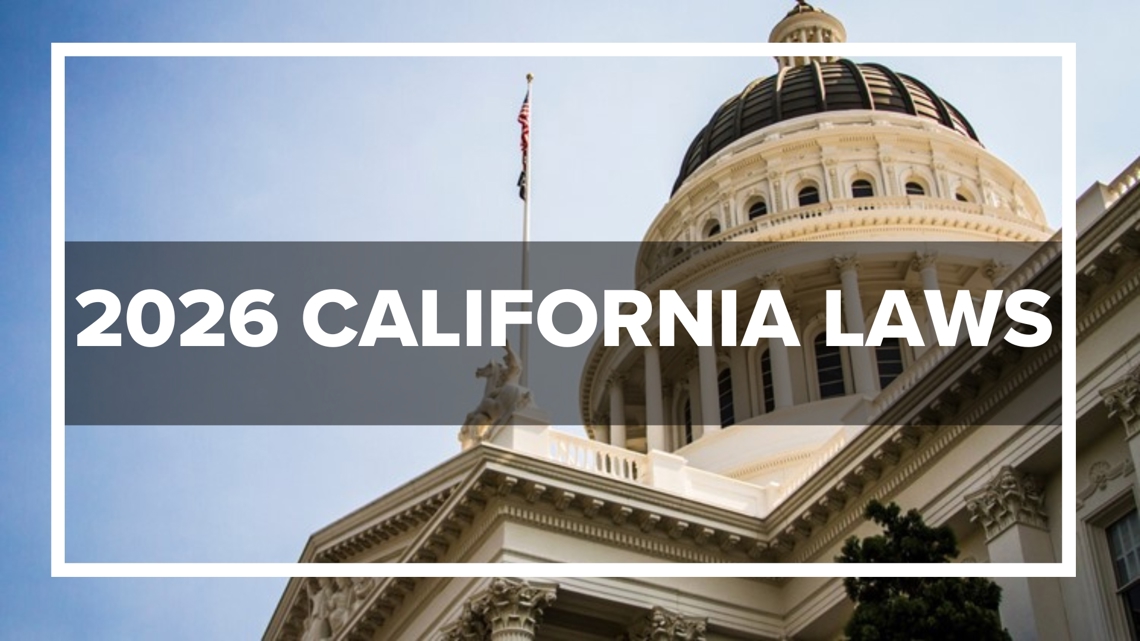

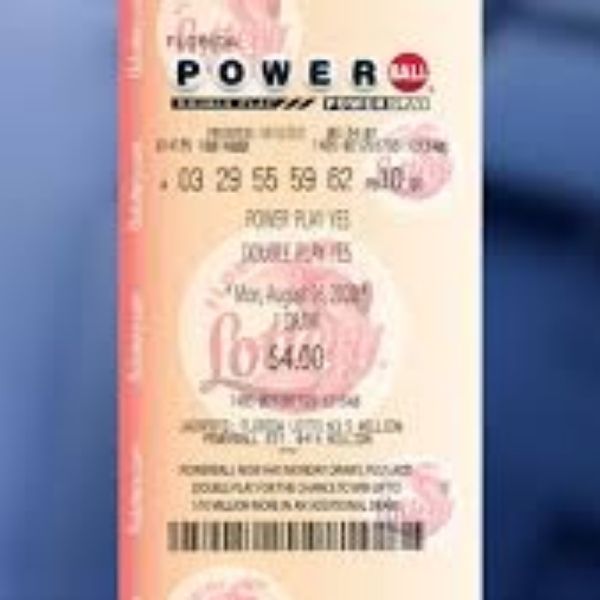
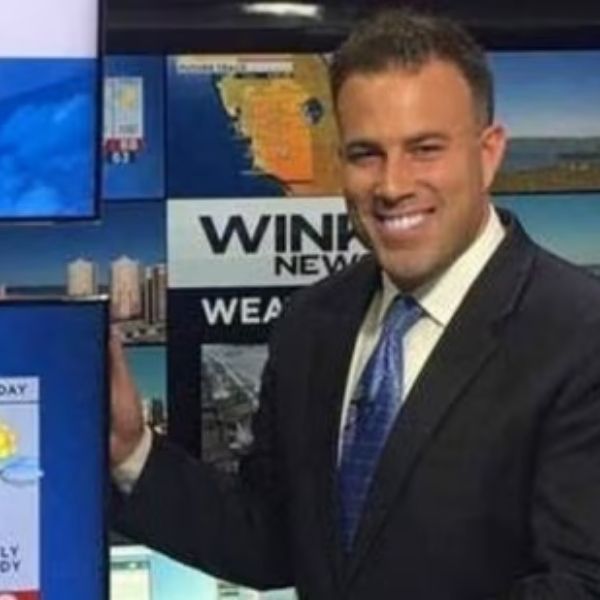

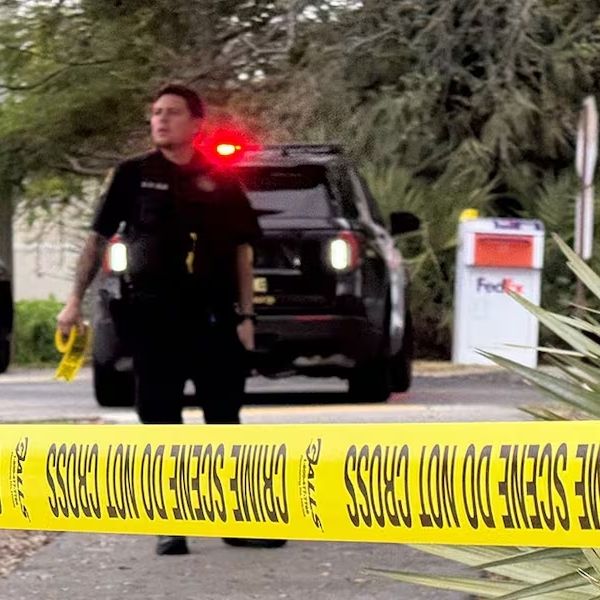
Leave a Reply